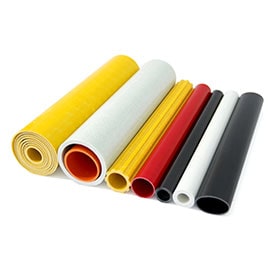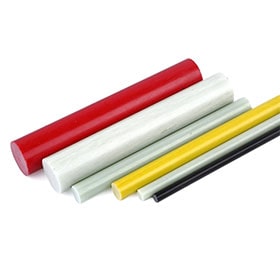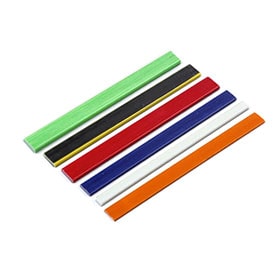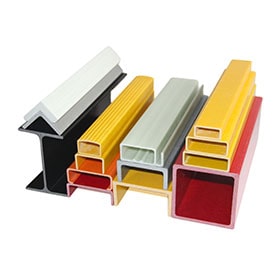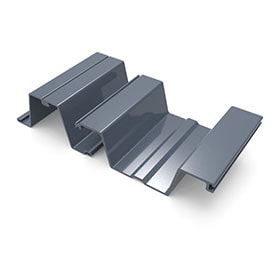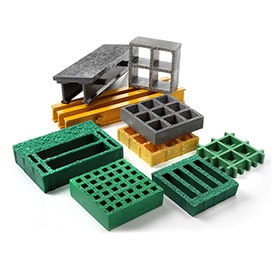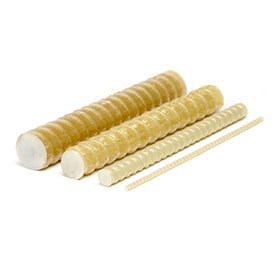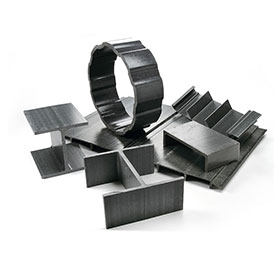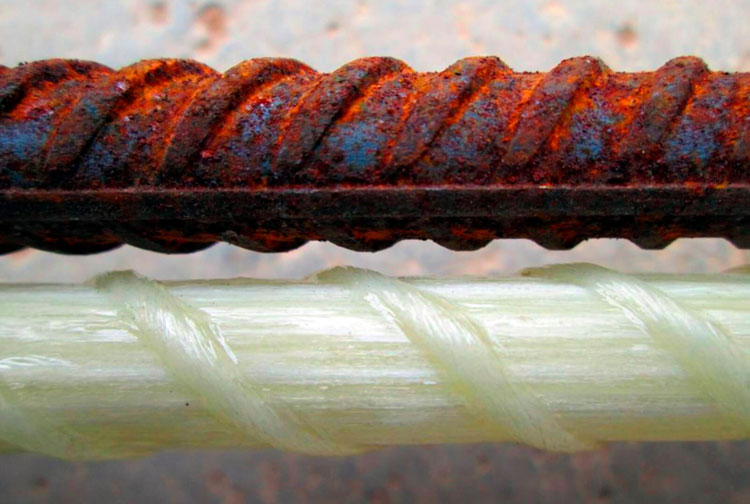
fiberglass rebar compared to steel rebar
Fiberglass reinforced polymer (FRP) rebar, commonly known as fiberglass rebar, has emerged as a viable alternative to traditional steel rebar in the construction industry. Composed of fiberglass fibers embedded in a resin matrix, FRP rebar offers unique properties that make it suitable for a wide range of applications. However, like any material, it comes with its own set of advantages and disadvantages. This article will delve into the pros and cons of fiberglass rebar, helping you make informed decisions for your construction projects.
Understanding Fiberglass Rebar
Fiberglass rebar is a non-metallic composite material that exhibits high strength-to-weight ratio, excellent corrosion resistance, and non-conductivity. These properties make it an attractive option for various construction projects, especially in environments where corrosion and electrical conductivity are concerns.
Pros of Fiberglass Rebar
1- Corrosion Resistance: One of the most significant advantages of fiberglass rebar is its exceptional resistance to corrosion. Unlike steel rebar, which is susceptible to rust and deterioration, fiberglass rebar can withstand harsh environments, including exposure to chemicals, saltwater, and extreme weather conditions.
2- Non-Conductive: Fiberglass rebar is a non-conductive material, making it ideal for applications where electrical conductivity is a concern, such as in electrical grounding systems or near live electrical equipment.
3- Lightweight: Fiberglass rebar is much lighter than steel rebar, making it easier to handle and transport. This can significantly reduce labor costs and improve overall construction efficiency.
4- High Tensile Strength: Despite its lightweight, fiberglass rebar offers high tensile strength, making it suitable for reinforcing concrete structures.
5- Dimensional Stability: Fiberglass rebar is dimensionally stable, meaning it does not expand or contract significantly due to temperature changes.
Cons of Fiberglass Rebar
1- Higher Initial Cost: Fiberglass rebar is generally more expensive than steel rebar, especially for large-scale projects.
2- Limited Temperature Range: While fiberglass rebar can withstand a wide range of temperatures, extreme heat can affect its mechanical properties.
3- Installation Challenges: The installation of fiberglass rebar can be more challenging than steel rebar, as it may require specialized tools and techniques.
4- Brittle Nature: Fiberglass rebar is more brittle than steel rebar, making it susceptible to damage from impact or sudden loads.
5- Limited Availability: Fiberglass rebar may not be as readily available as steel rebar in all regions, which could lead to longer lead times and higher costs.
Applications of Fiberglass Rebar
Fiberglass rebar finds applications in various construction projects, including:
1- Marine Structures: Due to its excellent corrosion resistance, fiberglass rebar is ideal for reinforcing concrete structures exposed to saltwater, such as piers, docks, and bridges.
2- Chemical Processing Plants: In environments where corrosive chemicals are present, fiberglass rebar can be used to reinforce concrete structures without the risk of corrosion.
3- Swimming Pools: Fiberglass rebar can be used to reinforce concrete swimming pools to prevent corrosion and cracking.
4- Underground Structures: Fiberglass rebar is suitable for reinforcing underground structures, such as tunnels and basements, where corrosion is a major concern.
Conclusion
Fiberglass rebar offers a compelling alternative to traditional steel rebar, particularly in applications where corrosion resistance and non-conductivity are critical. Its lightweight, high strength, and dimensional stability make it a valuable asset in the construction industry. However, its higher initial cost, limited temperature range, and brittle nature are factors that must be carefully considered before selecting fiberglass rebar for a specific project. By weighing the pros and cons, engineers and contractors can make informed decisions about the most suitable reinforcement material for their projects.
 +86 15303735673
+86 15303735673 Jessica@frpzs.com
Jessica@frpzs.com
 Technical Data
Technical Data


